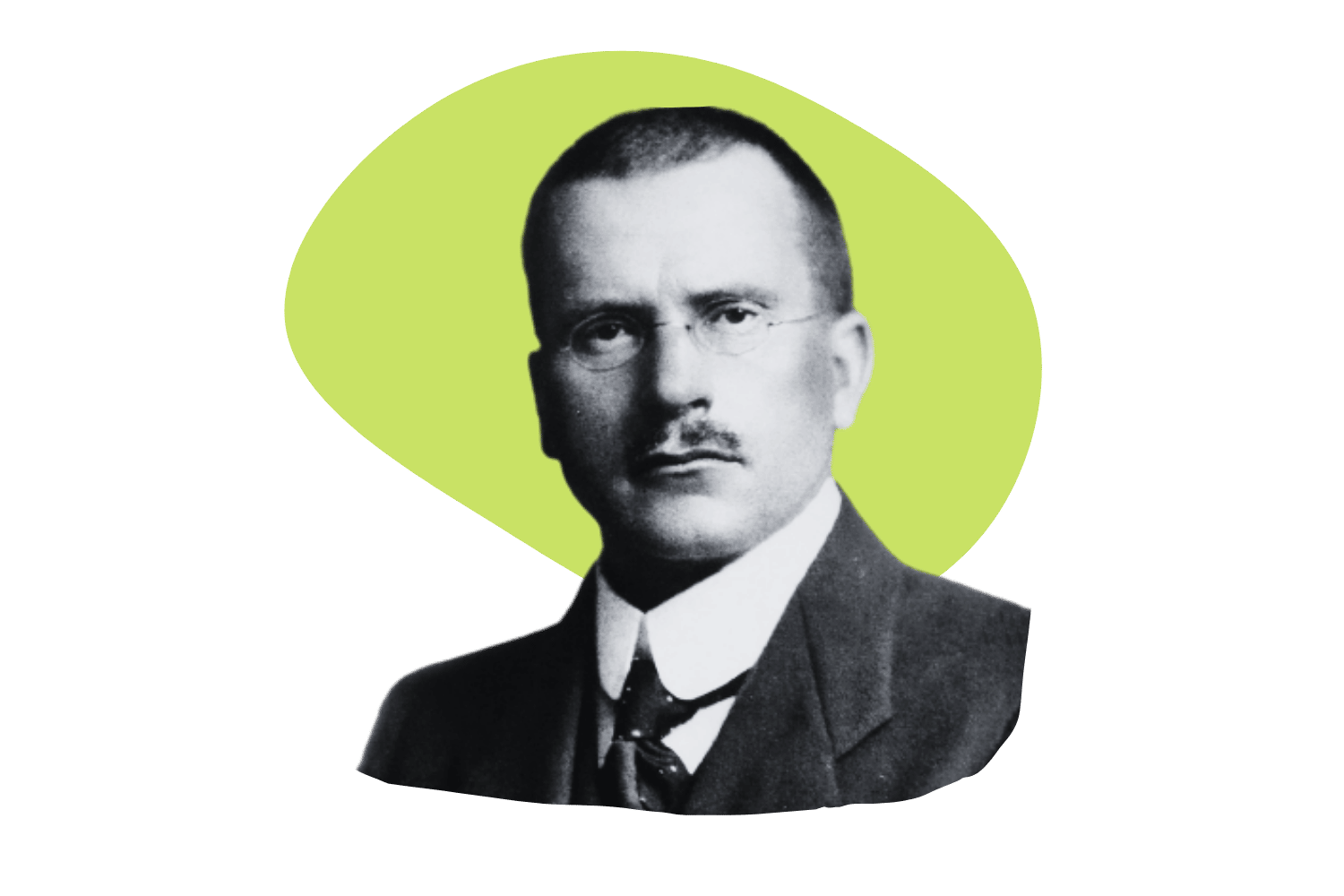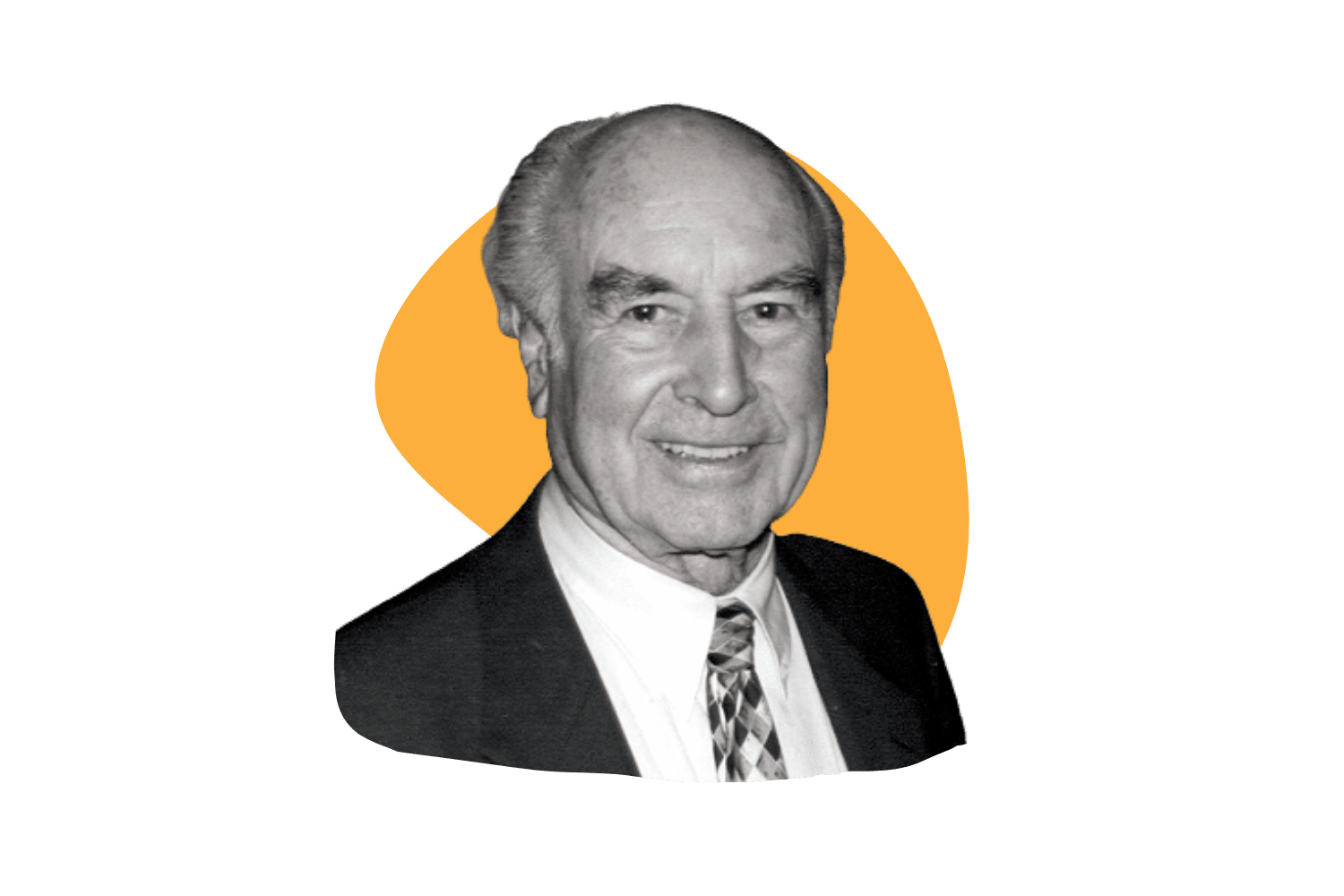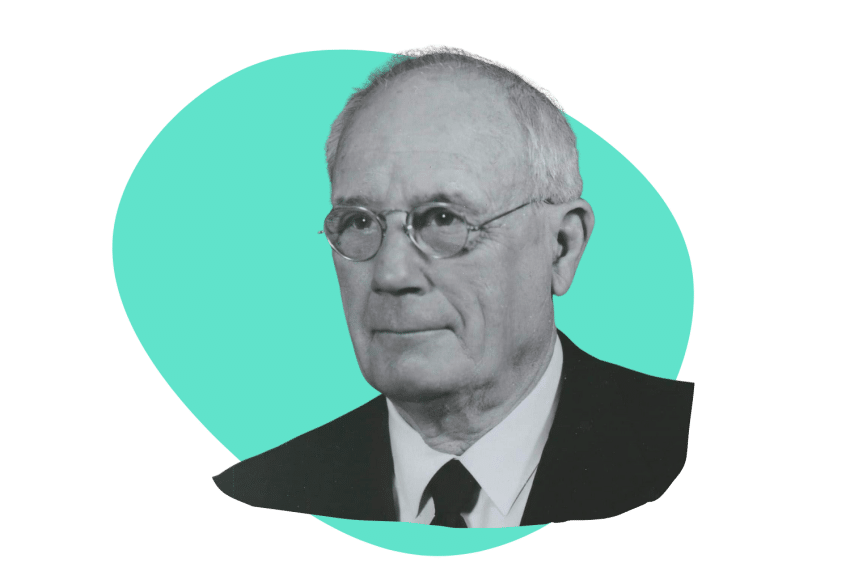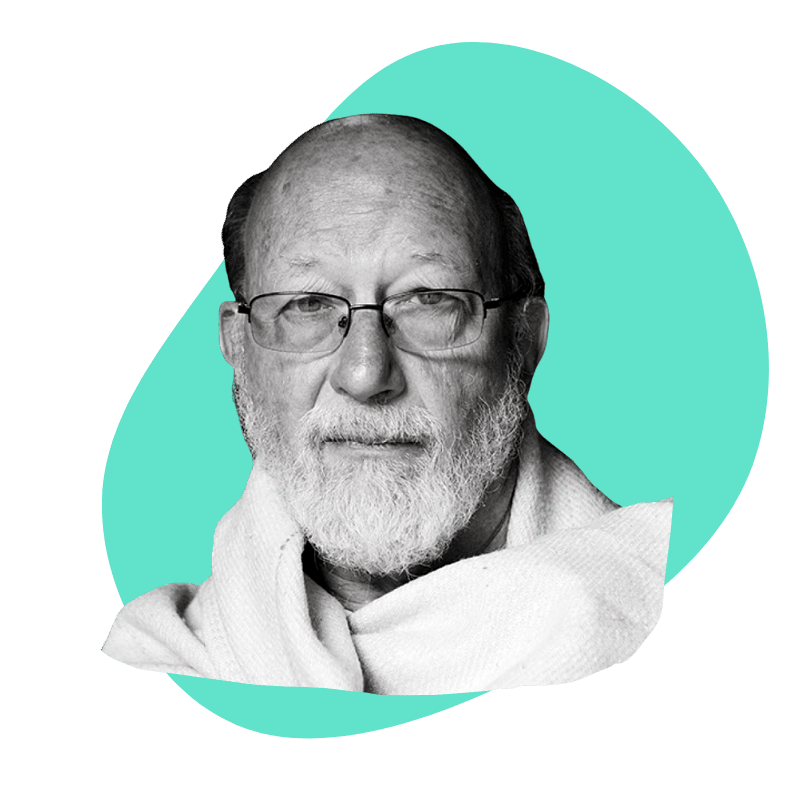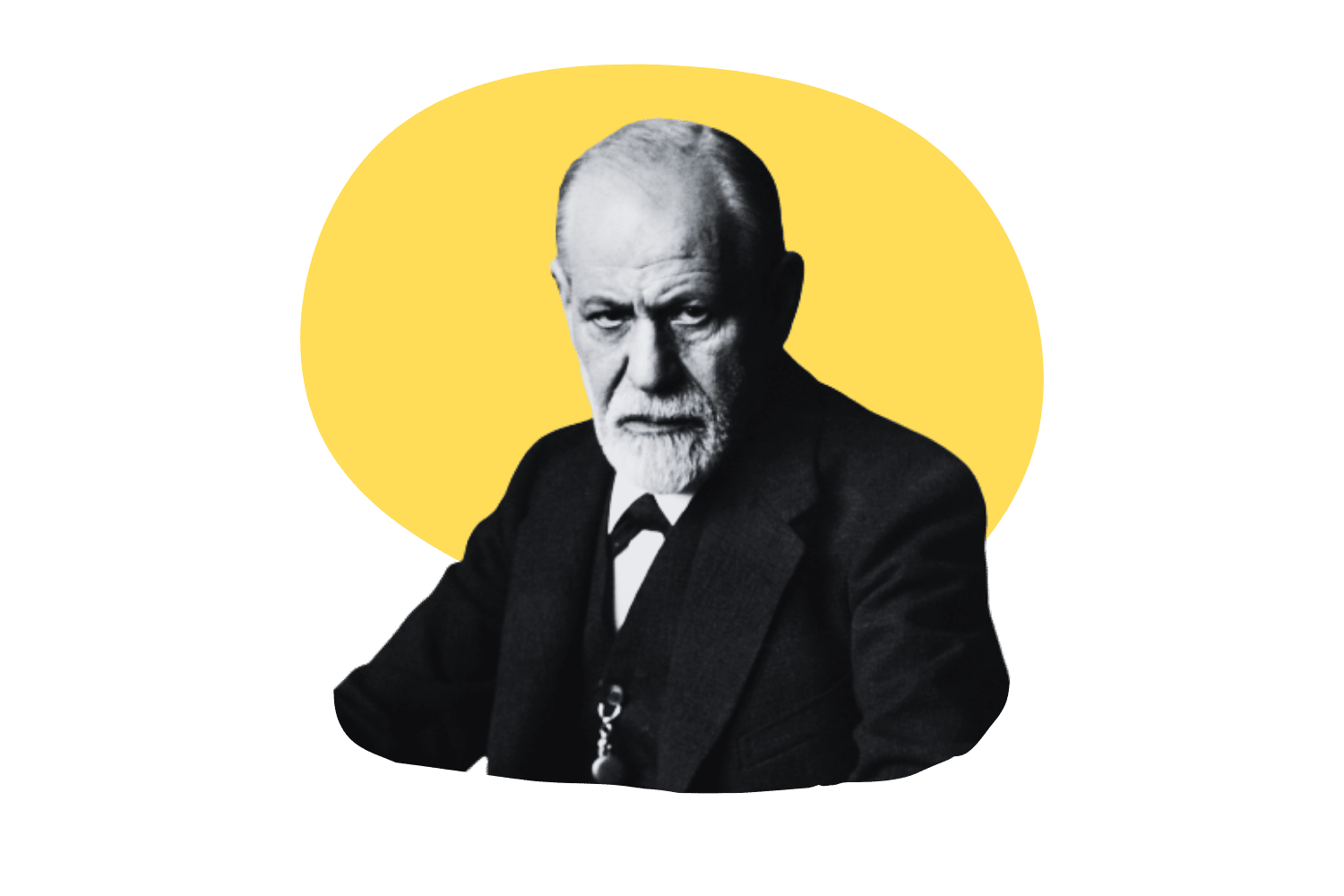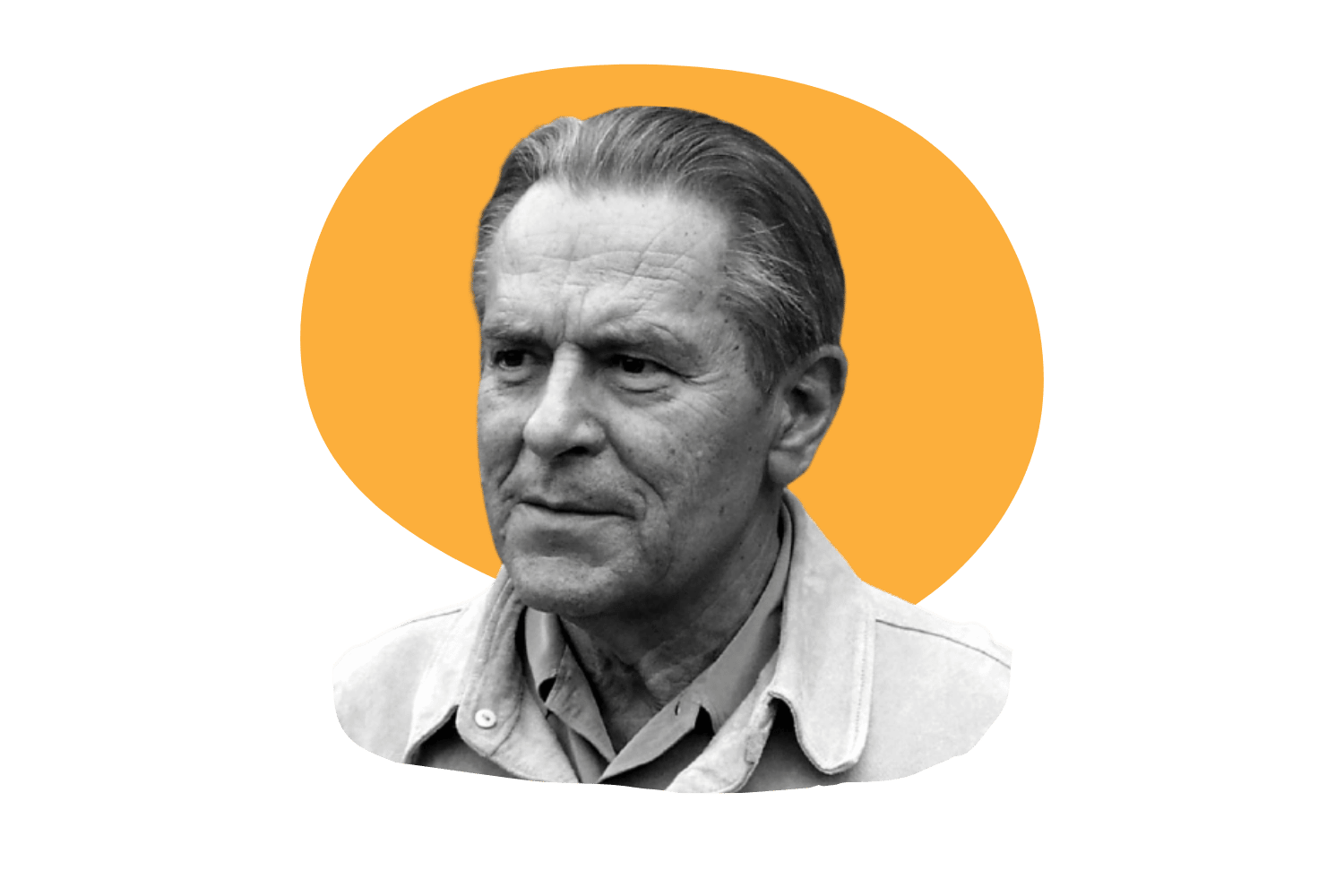From Food to Psychedelics: How Michael Pollan is Revolutionizing Our Relationship with Drugs
Micahel Pollan is an American writer, professor, and activist recognized for his essays and books on food, agriculture, and psychedelic drugs.

Pollan has written numerous books, including The Omnivore’s Dilemma, In Defense of Food, Food Rules, and Cooked. These works’ themes explore how food shapes our culture and health while advocating for a more ethical and sustainable food system.
On the topic of psychedelic drugs, Pollan takes the reader through the history of psychedelic drug use and the resurgence of research into LSD, magic mushrooms (psilocybin), and DMT in his book How to Change Your Mind, which became a No. 1 New York Times Bestseller and led to the Netflix docuseries by the same name.
Pollan’s work has contributed to the efforts to destigmatize psychedelic drug use by shedding light on these substances’ therapeutic and spiritual applications with his approachable writing style that doesn’t skimp out on scientific research.
| Birth & Death | 1955 – Present |
| Occupation | Author, Journalist, Professor, Activist |
| Nationality | American |
The Life of Michael Pollan
Michael Kevin Pollan was born on February 6, 1955, in Long Island, New York.
He grew up in a Jewish household with three sisters. His mother, Corky Pollan, was a columnist, and his father, Stephen Pollan, was a financial consultant.
Throughout his life, Michael Pollan was interested in nature and the environment and enjoyed gardening. These interests would later form his writing and research on food, agriculture, and sustainability.
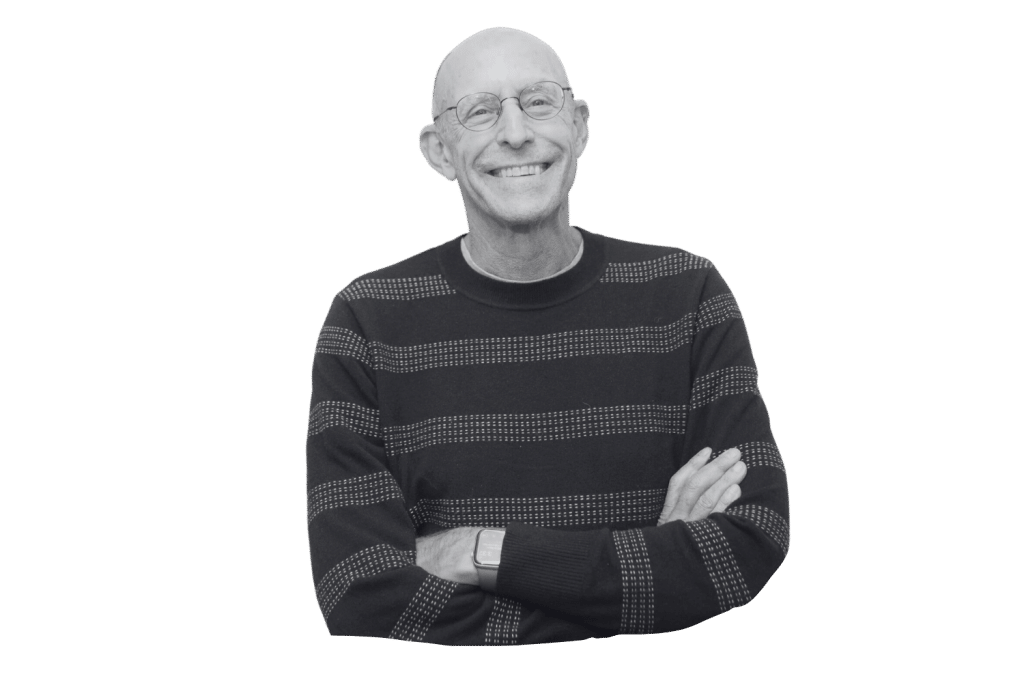
Pollan studied abroad at Mansfield College, Oxford, before attending Bennington College in Vermont, where he received a Bachelor’s degree in English in 1988. Pollan continued his academic career with a Master’s in English from Columbia University in 1981.
After his graduate studies, Pollan worked as a freelance writer for several years before publishing his first book Second Nature: Gardener’s Education, in 1991.
Career & Achievements
During his college years, Pollan was passionate about journalism and writing. In his senior year, he was the editor-in-chief of the college’s student body newspaper, The Bennington Free Press.
After completing his Master’s degree, Michael Pollan continued to write as a freelance journalist and columnist for various publications such as Harper’s, The New York Times Magazine, the New Yorker, and The Washington Post.
Pollan’s thought-provoking topics and accessible writing style combine scientific and cultural insights with his personal experiences.
His opinions and research presentation encourage challenging conversations on issues in industrial agriculture, the ethics of meat-eating, and the use of psychoactive drugs for therapy and personal growth.
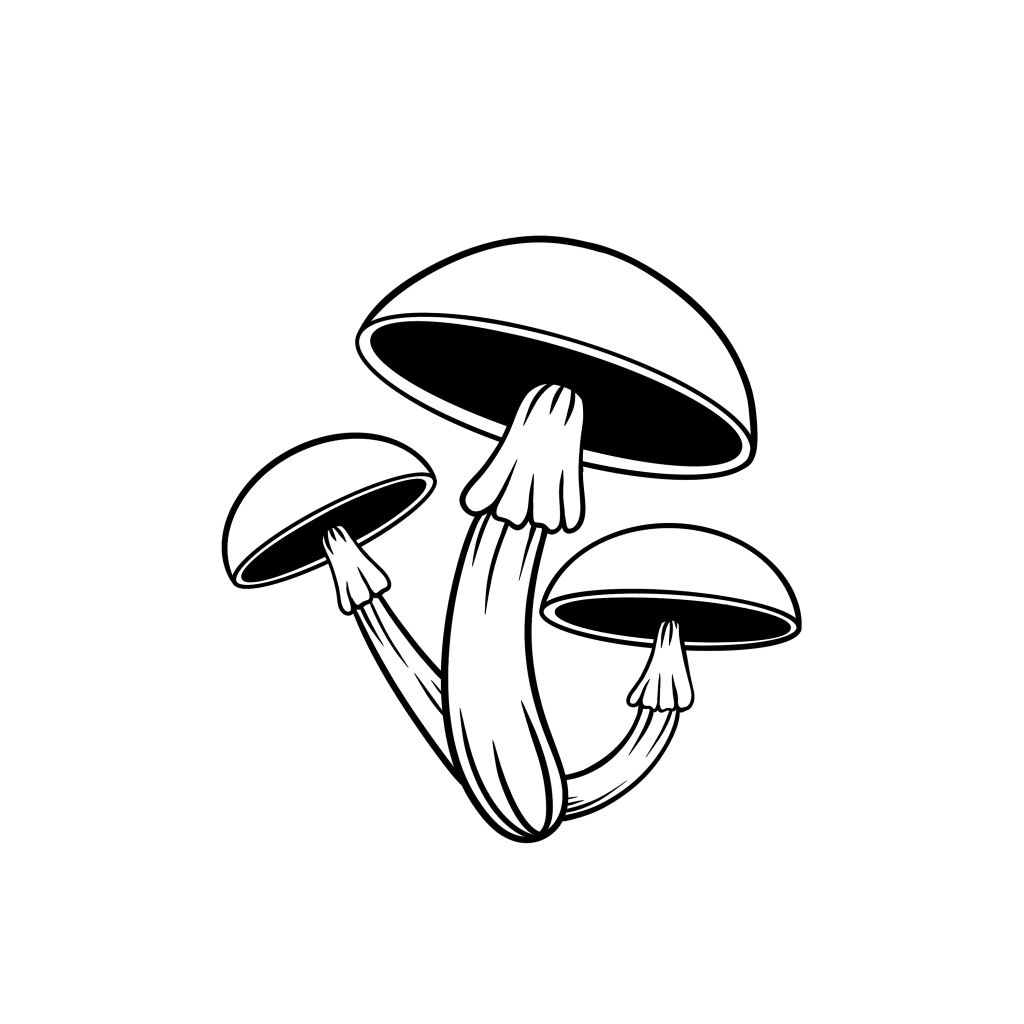
On top of his impressive portfolio as a journalist and author, Pollan is a professor in creative writing and journalism and has taught at prestigious universities, including the University of California, Berkeley, and Harvard.
It’s no surprise that Pollan has received numerous awards for his essays and books, including the James Beard Award for best food writing for The Onmivore’s Dilemma and the National Book Critics Circle Award as a nonfiction writer.
What Is Michael Pollan’s Philosophy?
Michael Pollan’s work highlights his deep concern for the environment, how food impacts our health and well-being, and the potential of psychoactive substances to promote spiritual well-being and mental health.
While Pollan’s work in food and agriculture dominates his repertoire, we’re here to highlight his contributions to the modern commentary on psychedelic drug use.
Pollan admits in his book, How To Change Your Mind, that his views on psychedelics have evolved. Initially, Pollan was apprehensive of their value and saw psychedelic drugs as inherently dangerous.
However, as he dove into the research, spoke with experts, and experienced first-hand the effects of LSD, psilocybin, and DMT, he changed his mind.
It was clear to him that these substances have incredible therapeutic benefits, particularly when addressing mental health conditions and supporting personal growth.
How To Change Your Mind has largely disrupted the narrative surrounding the negative stereotypes of psychedelic drug use.
Pollan also underscores the potential risks of using psychedelics, including the possibility of triggering psychosis and traumatic experiences, which is why responsible drug use and education are so important.
How To Change Your Mind
How to Change Your Mind: What the New Science of Psychedelics Teaches Us About Consciousness, Dying, Addiction, Depression, and Transcendence was published in 2018.
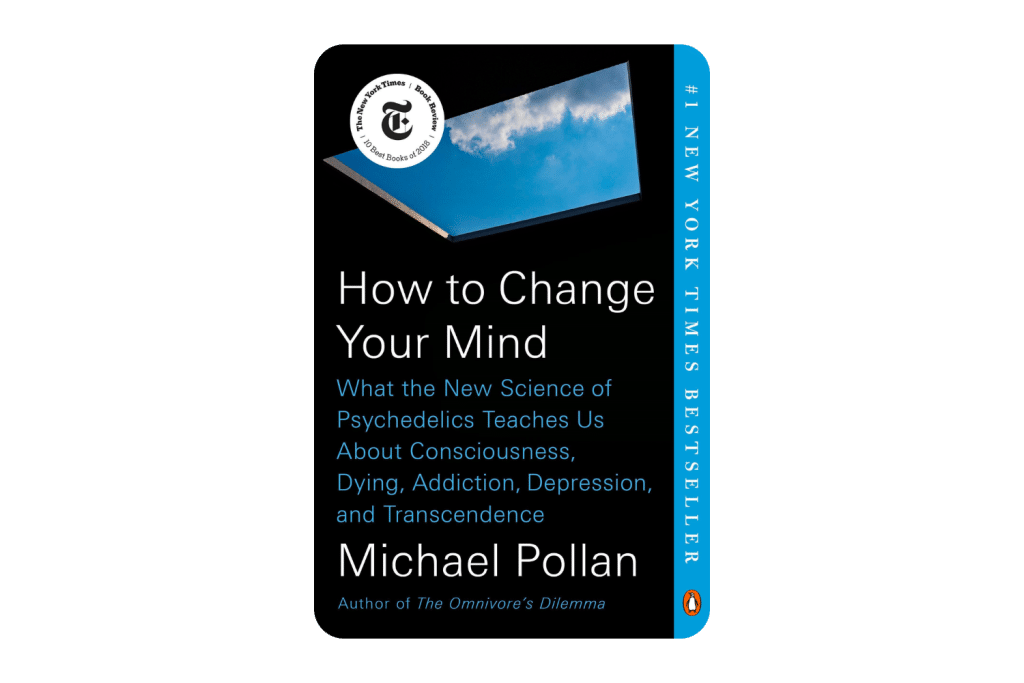
It was well-received by critics and readers alike and named a New York Times bestseller that same year.
If you are interested in psychedelics’ history, science, and therapeutic potential, then this book is an excellent way to scratch that curiosity.
The book has three sections:
- The history of psychedelic drugs, how they were used in the 1950s and 1960s, and how they fell out of favor due to their association with the counterculture.
- The modern renaissance of research on psychedelics and their potential use in treating mental health conditions. Pollan also shares his experience with psychedelics and describes the transformative effects they had on him.
- The future of psychedelics and the potential implications of this research. Pollan concludes that these substances have the potential to help us overcome some of the most profound existential crises of our time and offer a new perspective on what it means to be human. However, there is a lot of red tape around their research since many of these substances remain illegal.
This book inspired a Netflix series consisting of four episodes with the same name, How To Change Your Mind (2022).
The docuseries isn’t a direct adaptation of the book but an insightful supplement that stands alone as a series, highlighting the same thought-provoking ideas and themes while making it accessible and entertaining for the general public.
The series is broken down into four episodes:
- LSD
- Psilocybin
- MDMA
- Mescaline
Each episode overviews the substance’s history, cultural implications, and research for its therapeutic applications.
This Is Your Mind On Plants
Pollan’s book, This is Your Mind On Plants, was published in July 2021, in which he explores the effects of opium, caffeine, and mescaline on the mind and how these plant-derived psychoactive substances have shaped the world around us — highlighting their positive and negative impacts.
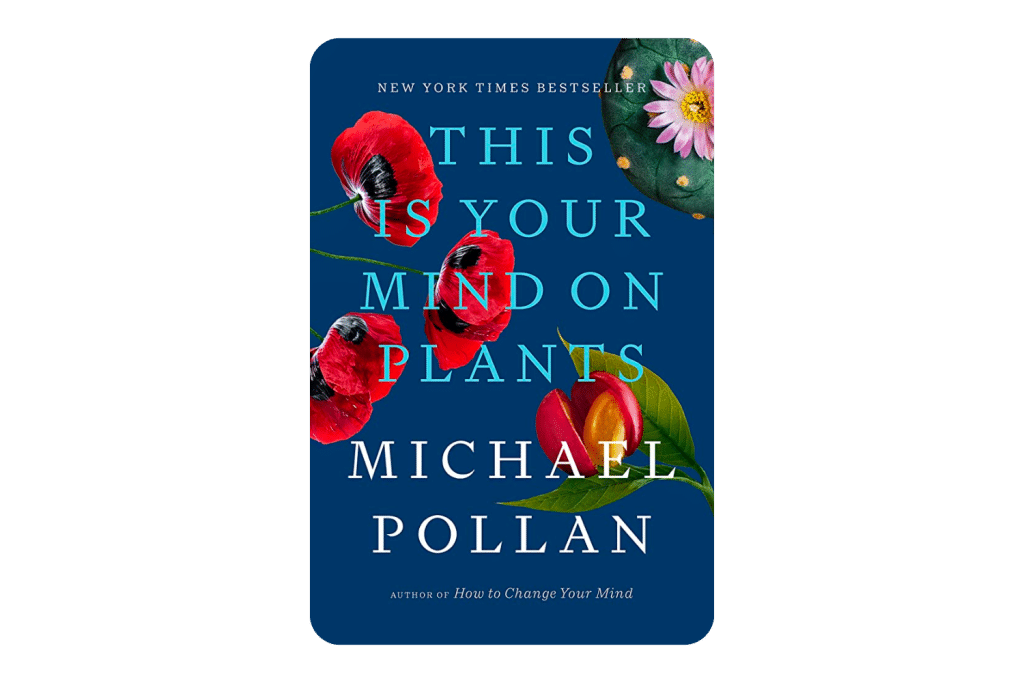
While this book isn’t directly related to How To Change Your Mind, you can’t help but see the similarities between the two works.
He takes you through the history of each compound and its uses in medicinal, spiritual, and cultural practices as well as the science of how they interact with the human body. However, This Is Your Mind On Plants takes a broader perspective, examining the macroscopic social contexts in which these substances have been used and perceived.
The book also explores addiction, government regulation, and the consequences of these regulations on society.
Michael Pollan Quotes
- “Eat food, not too much, mostly plants.”
- “You are what you eat.”
- “Psychedelic experiences are notoriously difficult to render in words; to try is necessarily to do violence to what has been seen and felt.”
- “The real question is not whether psychedelics are dangerous but how dangerous is the condition they are being used to treat.”
- “Psychedelics can occasionally break down the walls between self and other, between us and the natural world, and between us and the divine.”
- “If the findings of the therapeutic use of psychedelics hold up, it will represent a fundamental challenge to the reigning materialism of contemporary neuroscience.”
- “Psychedelics can catalyze personal growth and behavior change in ways that are often difficult, if not impossible, to achieve with other treatments.”
Michael Pollan Books
- Second Nature (1991)
- A Place of My Own (1997)
- The Botany of Desire (2001)
- In Defense Of Food (2008)
- Food Rules (2009)
- Cooked (2013)
- The Omnivore’s Dilemma (2016)
- How to Change Your Mind (2018)
- Caffeine: How coffee and tea created the modern world (2019)
- This Is Your Mind on Plants (2021)
Best Michael Pollan Lectures & Interviews
Cannabis, The Importance of Forgetting, and the Botany of Desire
How to Change Your Mind | Michael Pollan | Talks at Google
How Caffeine Addiction Changed History (ft. Michael Pollan) | WIRED
The Science of Psychedelics
Michael Pollan – How Psychedelics Can Improve Mental Health | The Daily Show
Michael Pollan On The Healing Power Of Psychedelics | TIME
Final Thoughts: Who is Michael Pollan?
Michael Pollan is arguably one of the best modern-day American science writers exploring the complex relationships between humans and the natural world.
More recently, Pollan has entered the space of psychedelic drugs, encouraging discussions on our relationship with mind-altering substances and approach to neuroscience.
He challenges his readers to consider whether these once-vilified drugs should be more accessible for medicinal and spiritual uses and questions the regulatory frameworks that restrict their use.
Over the course of his career, Pollan has become an influential public figure, offering alternative perspectives on topics of widespread concern, inspiring many people to think critically about the food they eat, the drugs they take, and the impact of their choices on the world around them.


